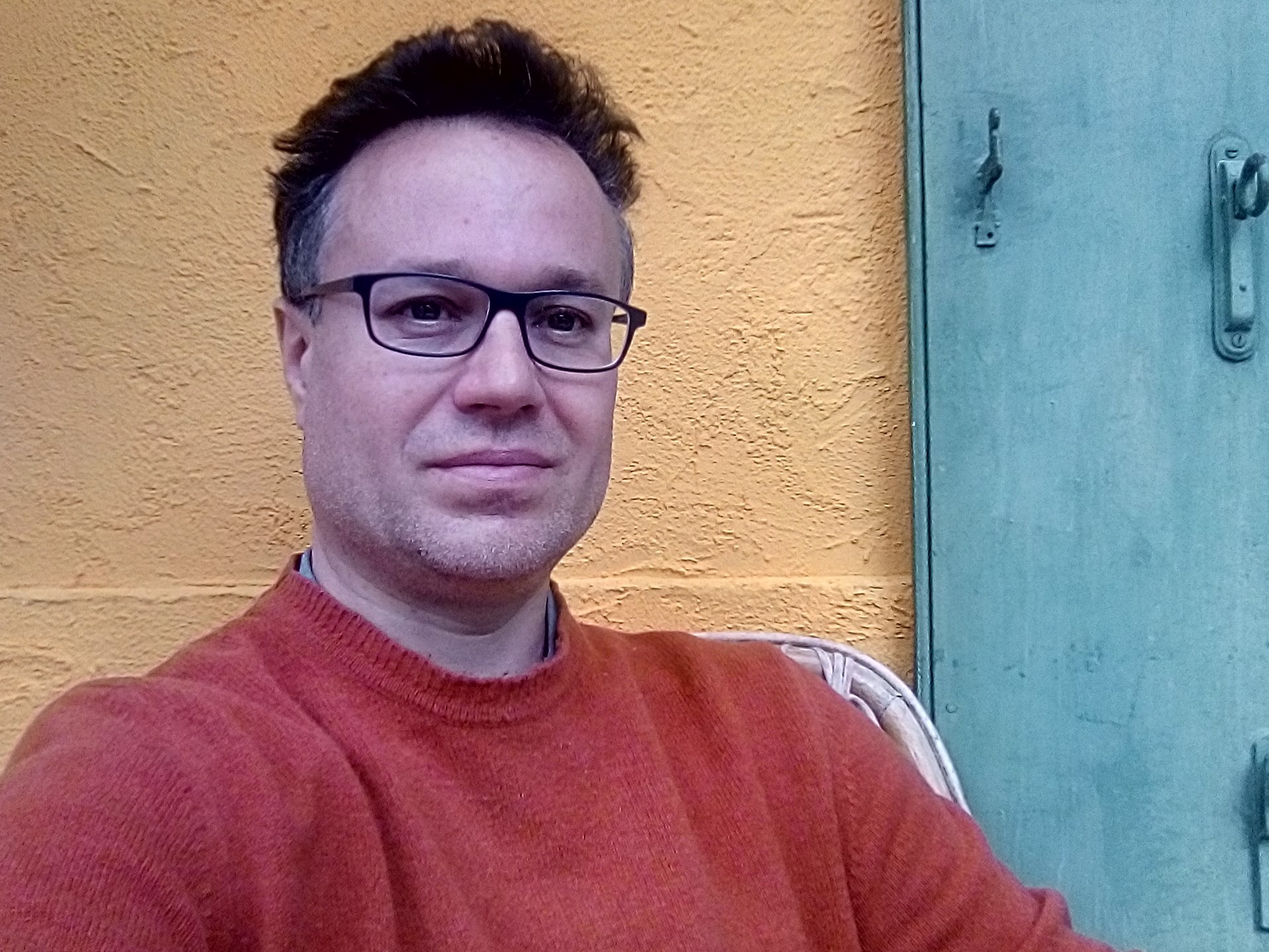Projects
Hinteract
Higher-order interactions in human brain networks supporting causal learning
Funding: A*Midex Aix-Marseille University 2024-2028
Consortium: Andrea Brovelli (PI), Alain Barrat (CPT, Marseille)
Learning is a brain network phenomenon thought to arise from synergistic interactions between multiple brain regions. Although central, this hypothesis has never been fully tested, yet. Indeed, progress has been limited by the lack of approaches for studying brain interactions beyond pairwise relations, the so-called higher order interactions (HOIs). Our objective is to build a theoretical and data analysis framework to demonstrate the role of HOIs in human brain networks supporting causal learning.
Brain Health Trajectories (BHT)
Higher-order interactions in human brain networks supporting causal learning
Funding: PEPR Santé Numerique (ANR) 2024-2028
Consortium: Andrea Brovelli & Matthieu Gilson in collaboration with Viktor Jirsa (INS, Marseille), Demian Battaglia (Strasbourg Univ), Bertrand Thirion (Paris Saclay)
Our goal is to develop tools that characterize the trajectories of brain health during aging and deviations in pathological conditions. Our project focuses on the study of fMRI data and directional network interactions using Granger causality and effective connectivity modelling.
EBRAINS 2.0
Inference and validation of network-level models
Funding: EBRAIS (EU) 2024-2027
Consortium: Andrea Brovelli in collaboration with Viktor Jirsa (INS, Marseille), Daniele Marinazzo (Ghent Univ)
Our goal is to provide the tools for use of brain models in the EBRAINS ecosystem, enabling high performance simulation and parameter sweeps, model validation and inference of computational models for brain network activity.
Past Projects
CausaL
Cognitive architectures of causal learning
Funding: Agence Nationale de la Recherche ANR - PRC, Jan 2019 - Dec 2023
Consortium: Andrea Brovelli (PI), Mateus Joffily (GATE, Lyon), Mehdi Khamassi (ISIR, Paris), Julien Bastin (GIN, Grenoble)
The aim of this project is to study the neural and computational bases of human goal-directed causal learning by combining human neurophysiology (MEG and intracranial SEEG) and neuroimaging (fMRI) techniques with computational models of learning (Reinforcement Learning and Active Inference).
NetScovery
Model-free and model-based inference and validation workflows for causal brain network discovery
Funding: Human Brain Project HBP/EBRAINS, Oct 2020 - Sept 2023
Consortium: Andrea Brovelli (PI), Jean Daunizeau (ICM, Paris), Gustavo Deco (UPF, Barcelona), Stefano Panzeri (IIT, Italy), Petra Ritter (Charité, Berlin), Olivier David (GIN, Grenoble)
The project aims at combining data-driven and model-based approaches for the inference of brain causal connectivity and the validation of whole-brain models. The goal is to integrate workflows and methods into EBRAINS. This projet is part of WP1 of SGA3 of the HBP.
InfoDyn
Modelling information dynamics
Funding: 2 yrs post-doc fellowship from the Institut de Convergence ILCB, May 2019 - April 2021
Consortium: Andrea Brovelli (co-PI), Demian Battaglia (co-PI; INS, Marseille; USIAS, Strasbourg)
The project aims at developping an multi-area interacting model based on the ring model. The goal is to study neural computations such as stimulus encoding, information transfer and information modification by means of simulation studies. This projet is part of Institut de Convergence ILCB.
Brainsynch-Hit
The influence of directional interactions in brain networks in predicting cognitive deficits post-stroke
Funding: FLAG-ERA HBP Partnering project, Jan 2018 - dec 2020
Consortium: Andrea Brovelli (co-PI), Marizio Corbetta (PI; Univ Padova, Italy)
The project aims to develop and test methods for the analysis of directional interactions among brain regions in resting state and task-evoked fMRI data in healthy controls and stroke damaged individuals, and to develop a computational model of an injured brain that replicates both the empirically measured patterns of connectivity abnormalities and behavioral deficits.
